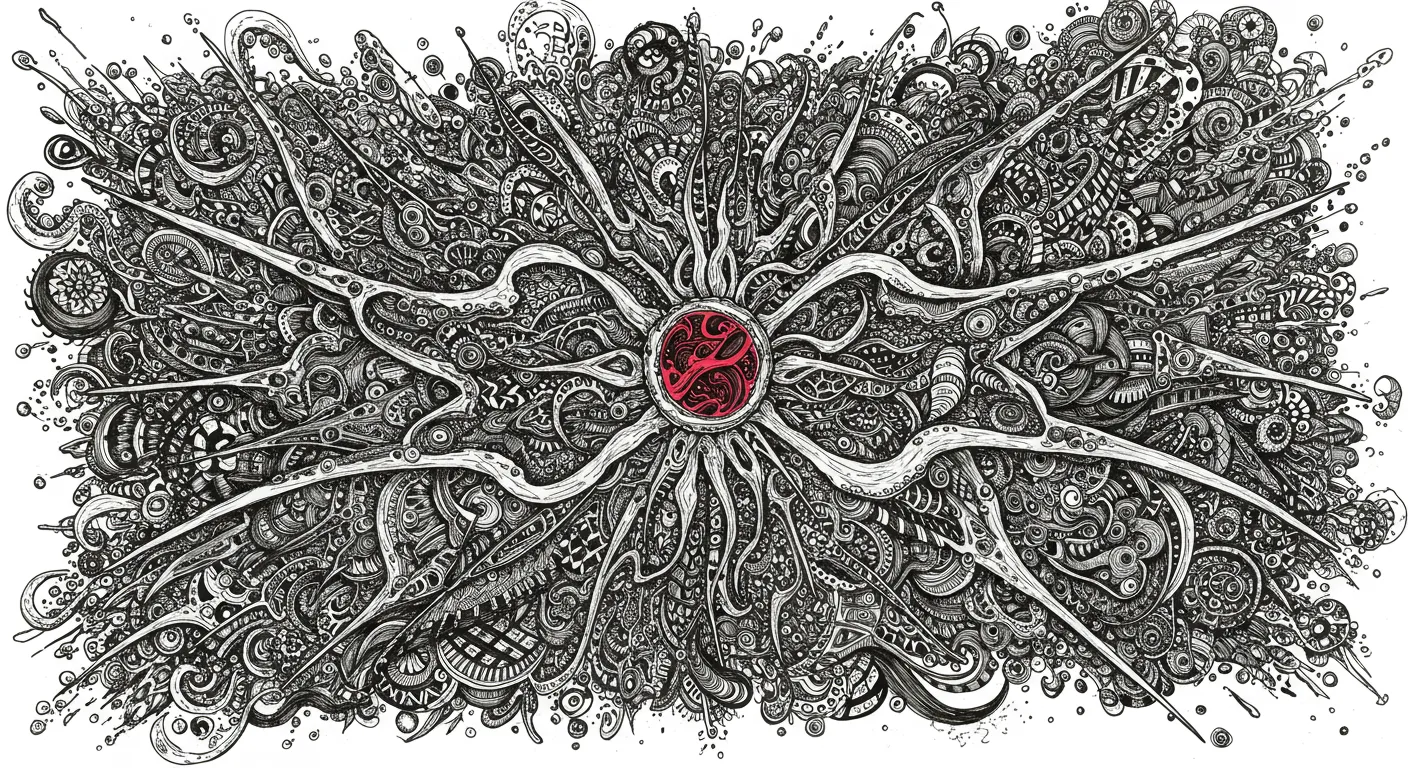Online commentators are buzzing about WorldGen, a new open-source tool that generates 3D scenes for game, virtual reality, and extended reality (XR) projects. While the technology shows immense promise, early discussions reveal both excitement and pragmatic concerns about its current limitations.
The tool's most compelling feature appears to be its ability to export scenes in versatile formats, addressing a critical pain point for content creators. One commentator highlighted the ability to export scenes as vertex-colored mesh files in .ply format, which can be imported into standard 3D editing software like Blender. This interoperability could be a game-changer for developers tired of proprietary workflow constraints.
However, the technology isn't without its challenges. Current iterations require substantial computational power, with the tool demanding around 26GB of VRAM – a specification that limits accessibility to users with high-end NVIDIA graphics cards. The developer has acknowledged this limitation and is working to reduce memory requirements to make it compatible with cards like the NVIDIA 4090.
The most nuanced critique comes from users concerned about granular control. While AI-generated scenes offer rapid content creation, they can become frustratingly rigid when precise adjustments are needed. Commentators noted the difficulty of making minor modifications, like moving a single tree, without diving into complex prompt engineering or wrestling with generated file structures.
Despite these growing pains, WorldGen represents an exciting frontier in AI-assisted content creation. It hints at a future where developers can quickly generate base environments, then fine-tune them with traditional tools – potentially revolutionizing workflow efficiency in game design and virtual world creation.


